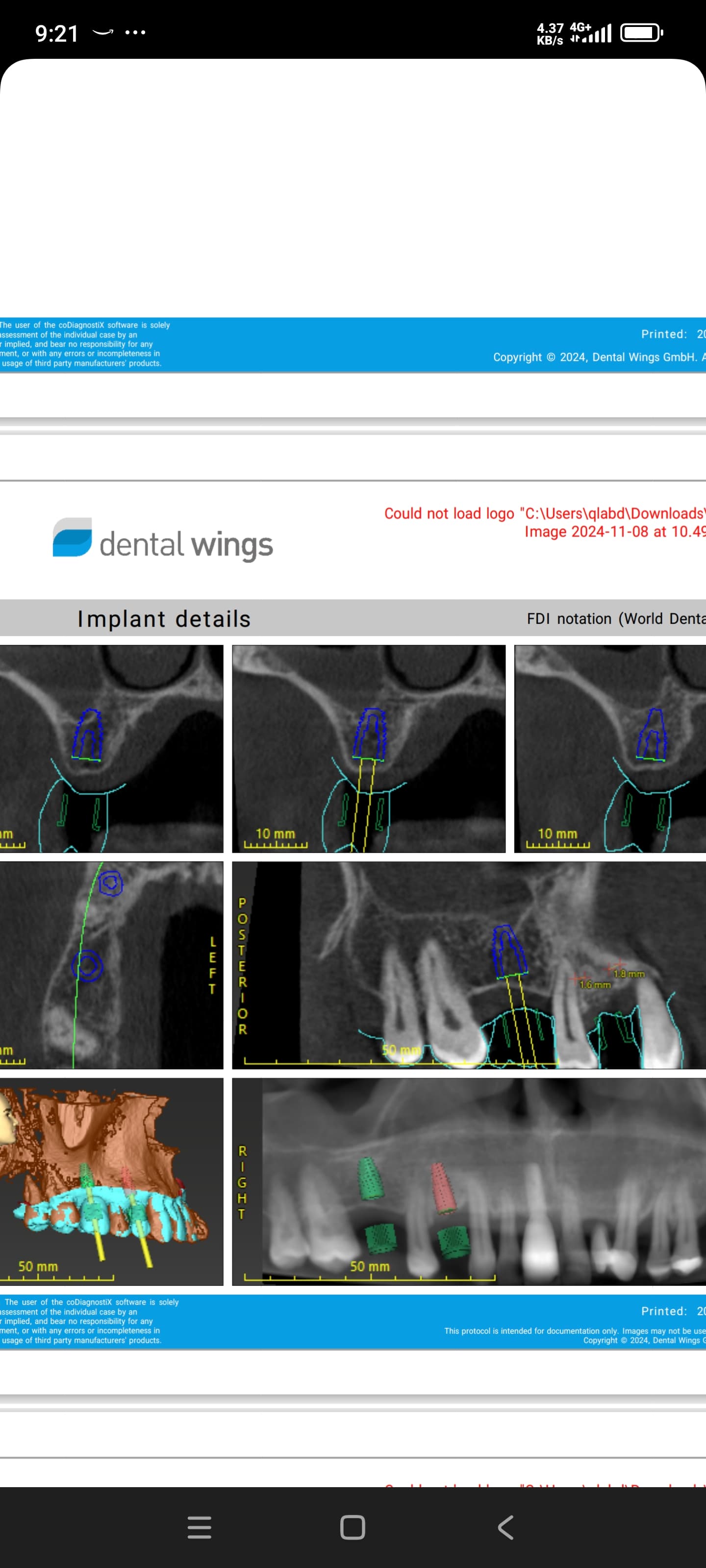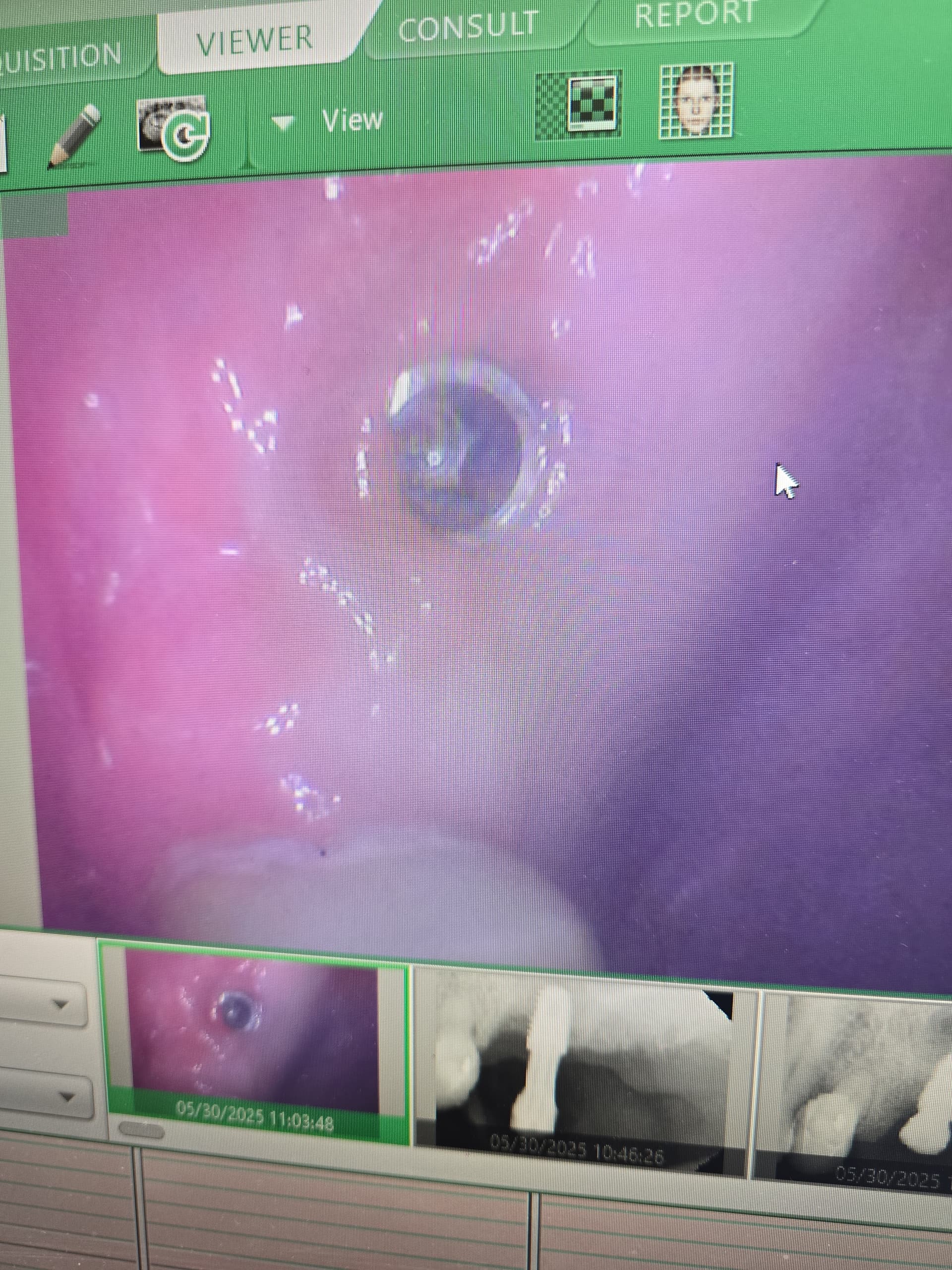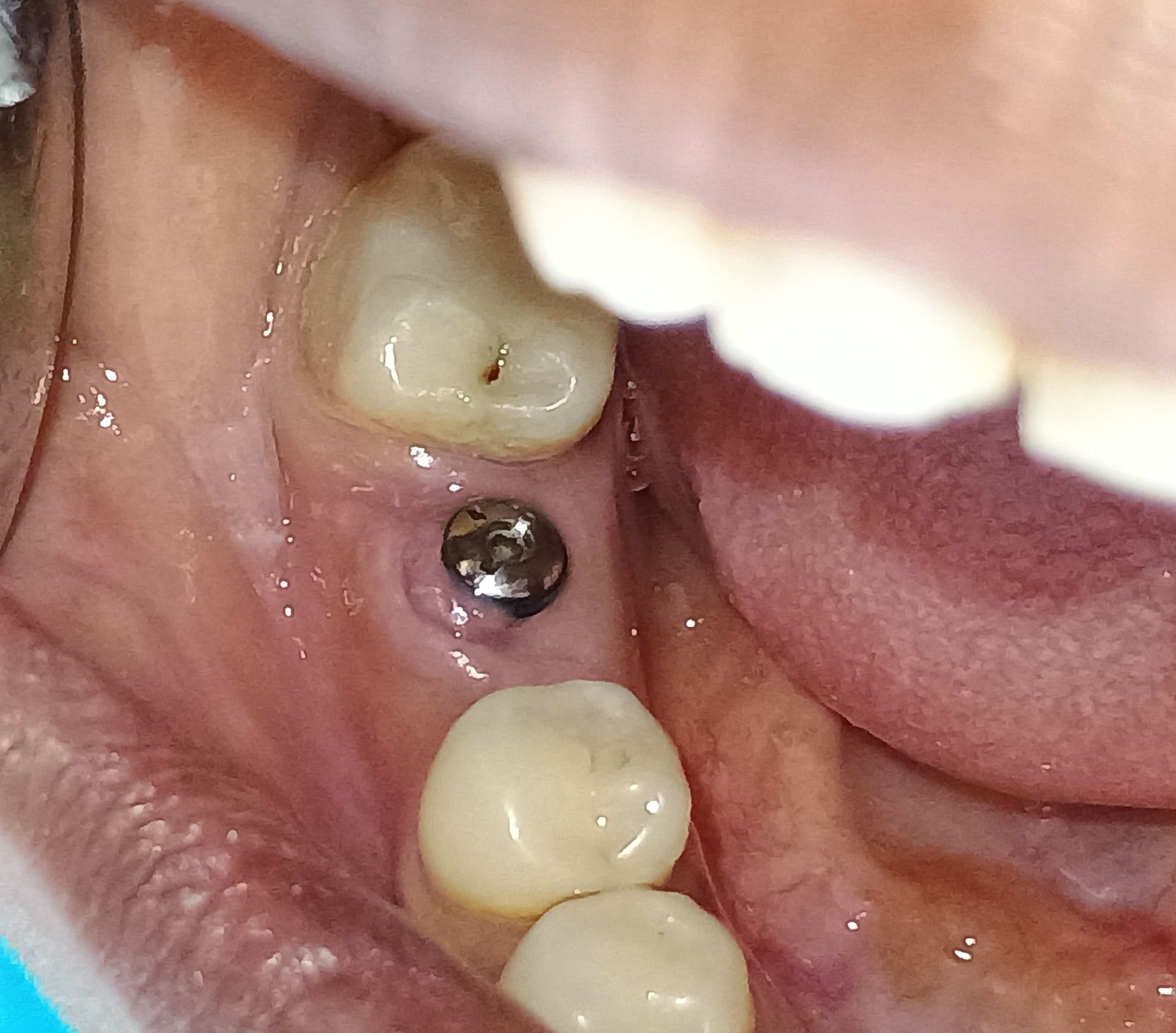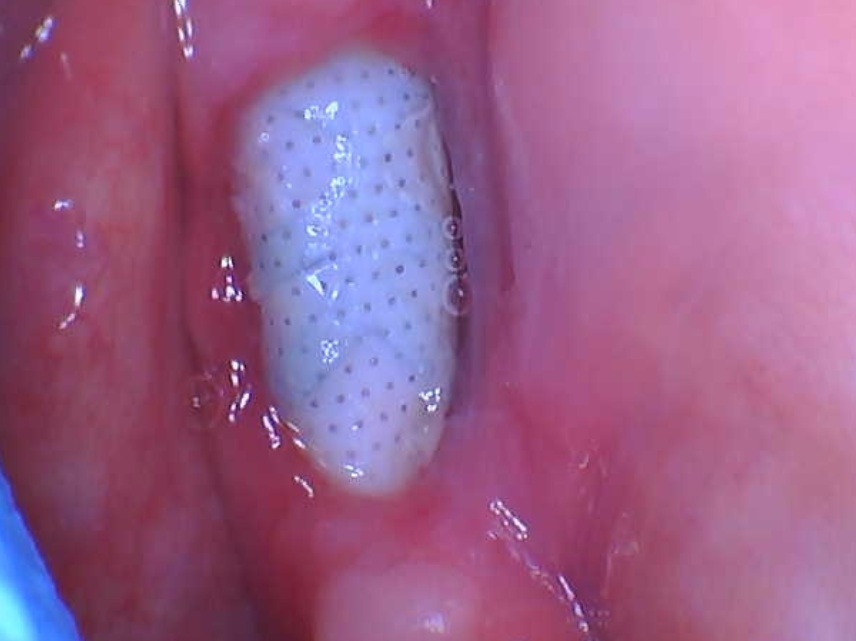Patient developed paresthesia after apicoectomy: thoughts?
Patient was referred to Endo for apicoectomy #11. Now 6 months after treatment was provided, the patient has developed permanent paresthesia of the upper left lip near the surgical site. Could this be due to facial nerve damage or due to infraorbital nerve damage? Also, can this be related to flap technique above mucogingival junction to get access to the apex of the root? Is there a special precautionary protocol one must follow to avoid this type of nerve injury? Your help as well as input in this matter is greatly appreciated.
4 Comments on Patient developed paresthesia after apicoectomy: thoughts?
New comments are currently closed for this post.
DrG
12/20/2016
Please
Post a pre and post operative radiograph as well as a 3-6 month follow up radiograph if you have one.
mpedds
12/20/2016
The Facial Nerve VII supplies motor innervation to the muscles of facial expression. I believe the branch that supplies the elevator muscles of the upper lip exit the stylomastoid foramen beneath the ear and travel in the fascia to the muscles. There should be no damage to this nerve from routine dental surgery. If by paresthesia you mean there is a sense of the lip being numb, the Anterior Superior Nerve (ASA) is a sensory branch of the Trigeminal Nerve V1. It is usually found in this area.
Injuries to this nerve could be possible depending on surgical technique.
Dr. Bob
12/21/2016
Refer back to the surgeon. If the surgeon is not available refer to a neurologist. Using careful surgical technique when doing this procedure would not result in this type of a problem. An area of the gingiva over the tooth might even be expected to loose sensory innervation, but the loss of motor function would not have been caused by this procedure. There has to be another cause for this complaint and it could be serous. Failure to recognize the need for a referral could be a problem. CYA
Wesley Haddix
12/21/2016
Sorry to hear this. First: "Now 6 months after treatment was provided, the patient has developed permanent paresthesia of the upper left lip near the surgical site. " Did the parasthesia develop immediately after surgery, suggesting damage during surgery, or did it develop over time, suggesting the process is due to nerve encapsulation or apoptosis. Sensation to the upper lip is primarily from the infaorbital nerve; owing to its proximity to the apex of tooth 11, this nerve can be damaged by retraction during apical surgery of tooth 11. Radigraphs including CBCT and photos of the area of parasthesia should be obtained. In addition to referral to an OMFS, there has been success in treating these cases with ND:Yag lasers. Best of wishes to you and your patient.














